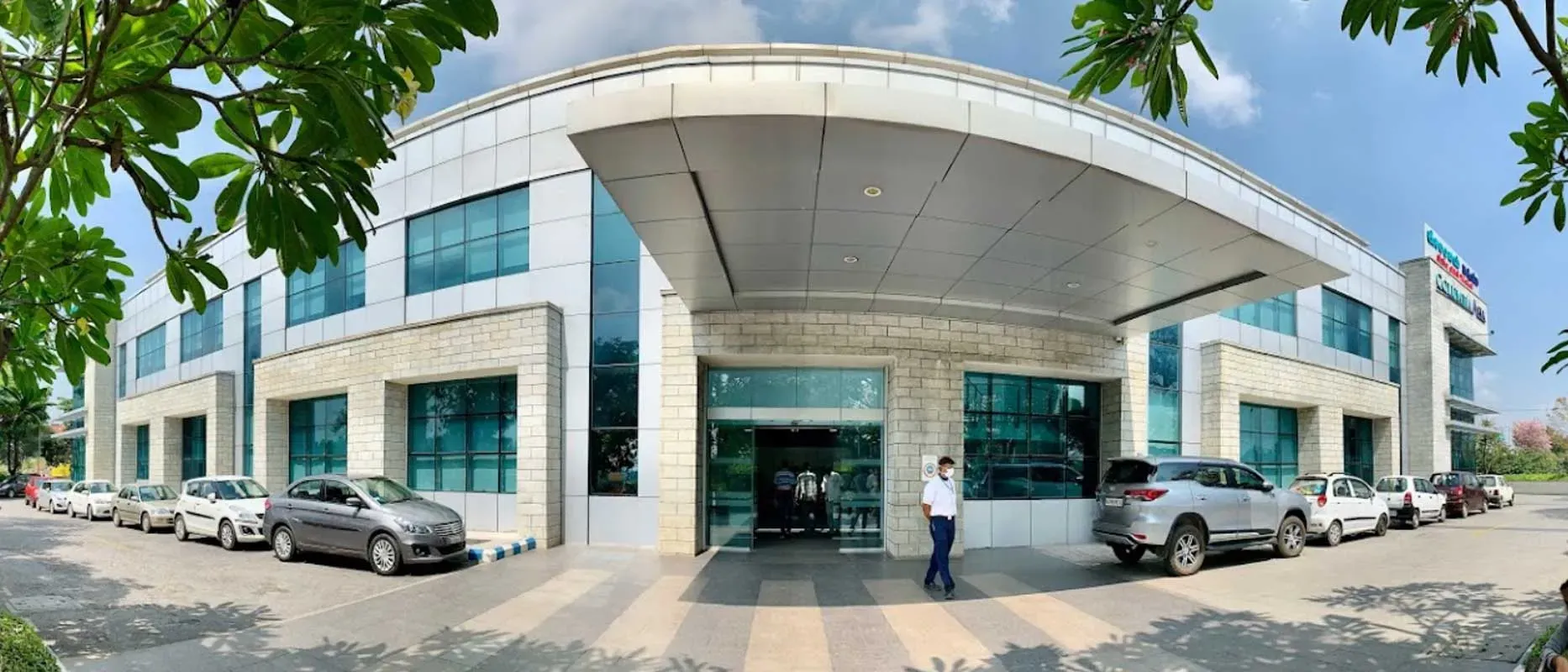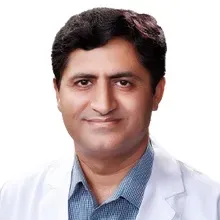Overview of Somnoplasty Treatment India
Somnoplasty is a surgical procedure performed to treat obstructive sleep apnea and snoring. Learn more about surgery for snoring, success rate, and recovery tips. Nearly everyone snores either occasionally or frequently. Frequent snoring is a chronic problem that indicates serious health problems. There are many snoring treatments available, however, if medical treatments fail to put an end to snoring, somnoplasty is considered an exit procedure.
When we sleep, the tissue in the throat relaxes, and when this tissue fails to relax it vibrates and creates a harsh sound. The several risk factors associated with snoring are overweight, having a narrow airway, drinking alcohol, nasal problems, obstructive sleep apnea, or a family history of snoring. In most cases, it is harmless but it could also be a sign of a serious health problem in which a person starts and stops breathing during sleep and this condition is known as sleep apnea. Obstructive sleep apnea is the most serious type of sleep apnea. In this condition, muscles in the throat over-relax due to which airway is blocked. This blocked airway causes less breath in. This blocked airway can be worsened by nerve problems, mouth, throat, and nasal passages.
For mild snoring caused by swelling, a doctor may recommend the usage of steroid nasal spray before going to bed. The other non-surgical treatments available for snoring are using mouthpieces or devices. When these therapies are not effective, the doctor recommends somnoplasty. It is a minimally invasive procedure to reduce the softness or stiffening tissue of the uvula and soft palate. In this procedure, very low levels of radiofrequency heat energy are used. This surgery for snoring is performed under local anesthesia and is an outpatient procedure that takes 30 minutes. The patient can go home the same day of the surgery, however, there must be someone to drive the patient home.
Types of Somnoplasty Treatment India
Before Procedure
One must avoid aspirin and other products containing aspirin before 10 days of the procedure. One must consult a doctor about whether or not other medicines such as pain reliever, ibuprofen, or other nonsteroidal anti-inflammatory drugs are allowed. It is advisable to eat light before the procedure. Avoid smoking to reduce bleeding and coughing after the procedure. Moreover, the surgeon will explain the procedure.
During Procedure
The patient will be given oral spray to anesthetize the throat. Once the throat is partially anesthetized, three injections will be given to the roof of the mouth. It may cause minor discomfort to most of the patients. The patient will sit upright and will be fully awake during the procedure. The gun device is connected to a radiofrequency generator and this gun is placed in the mouth. A small needle-like electrode at the end of the gun is used to create lesions into the roof of the mouth known as a soft palate. These lesions are reabsorbed by the body during the healing process. Controlled radiofrequency energy is applied to the soft palate. The tissue is heated in the area around the electrode.
After Procedure
The patient will be discharged from the hospital once comfortable. In most cases, the patient is monitored overnight. The patient can safely drive themselves home. Avoid eating or drinking until the anesthesia is gone. After the procedure, sleep with the head elevated with the help of 2-3 pillows for a few nights. An ice pack can be used to relieve the swelling. Snoring can be worse for a few days after the procedure. This is due to the swelling of the treated tissues. The results can be experienced after 1 or 2 weeks and continue to improve for several months.
Additionally, the patient may experience a sore throat for several days. The doctor will prescribe medicines to soothe the throat. The follow-up appointment should be made 7 to 10 days after the procedure. The total recovery time may take from three to eight weeks. The somnoplasty success rate is fairly high and most people see a drastic improvement in snoring.
Diagnosis of Somnoplasty Treatment India
Symptoms of Snoring
Snoring is often associated with obstructive sleep apnea. However, not all snorers have obstructive sleep apnea. Below given are the symptoms of obstructive sleep apnea:
01. Pausing of breath during sleep
02. Excessive daytime sleepiness
03. Headaches, especially in the morning
04. Sore throat after waking
05. Difficulty in concentration
06. Choking at night during sleep
07. Restless sleep
08. Chest pain at night
09. Snoring is loud enough to disturb partner's sleep
Causes of Snoring
There are several factors behind snoring, such as the anatomy of sinuses, mouth, weight, and more. Below given conditions can cause the snoring:
01. Alcohol Consumption - Consuming alcohol before sleep can relax throat muscles and narrow the airway, hence contributing to snoring.
02. Nasal Problems - Nasal congestion between nostrils may decrease natural defenses against snoring.
03. Sleep deprivation can also lead to throat relaxation.
04. Sleeping on the back can cause the loudest snoring.
If someone is having a thick and low mouth palate, this can cause narrowed airway. This is usually the problem with overweight people who have extra tissues in the back of their throats.
Diagnosis
To diagnose this condition, the doctor will review medical history, signs, and symptoms. The doctor will also perform a physical examination. Some medical tests may be required, including:
01. Imaging - An imaging test, including x-ray, CT scan, or MRI scan may be required. These tests check the structure of the airway.
02. Sleep Study - Depending on the severity of snoring, the doctor may conduct a sleep study. It can be done at home or at a sleep center. At the sleep center, a sleep study known as polysomnography is done. In this study, an in-depth analysis of breathing is performed and information is recorded regarding heart rate, blood oxygen level, brain waves, breathing rate, sleep stages, eye, and leg movements
Symptoms and Risk factors
Snoring Surgery Side Effects
Most of the side effects last for a few weeks, however, some can be long-lasting. Some common side effects of snoring surgery include:
01. Sore throat
02. Pain in throat
03. Infection
04. Physical discomfort
05. Dryness in mouth, nose, and throat
06. Snoring
07. Trouble in breathing
08. Change in voice
09. Fails to eliminate snoring
10. Need for revision or more aggressive surgery
11. Thermal injury to the mouth or uvula
Top Hospitals for Somnoplasty (Surgery for Snoring) in India
Shaping the future of the healthcare institution and establishing the path to accomplishment.
Top Doctors for Somnoplasty (Surgery for Snoring) in India
Empower your Health with the Expertise of Leading Medical Professionals.
Treatment Costs for Somnoplasty (Surgery for Snoring)
Be the change and be an opportunist in transforming healthcare.
How it's Works
Guiding your Journey from Discovery to Treatment Planning and Beyond.
Discovery
Get a consultation to discover about your treatment
Pre-Treatment
Admission to the best hospital and all pre-treatment facilities
Post Treatment
Get post-treatment follow-up care with medicine fulfillment
Treatment Planning
Hassle-free treatment planning with package & cost estimations
in-treatment
world-class quality procedures and equipment for treatment























